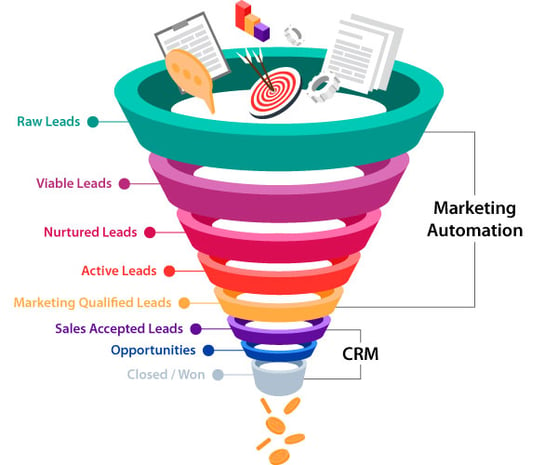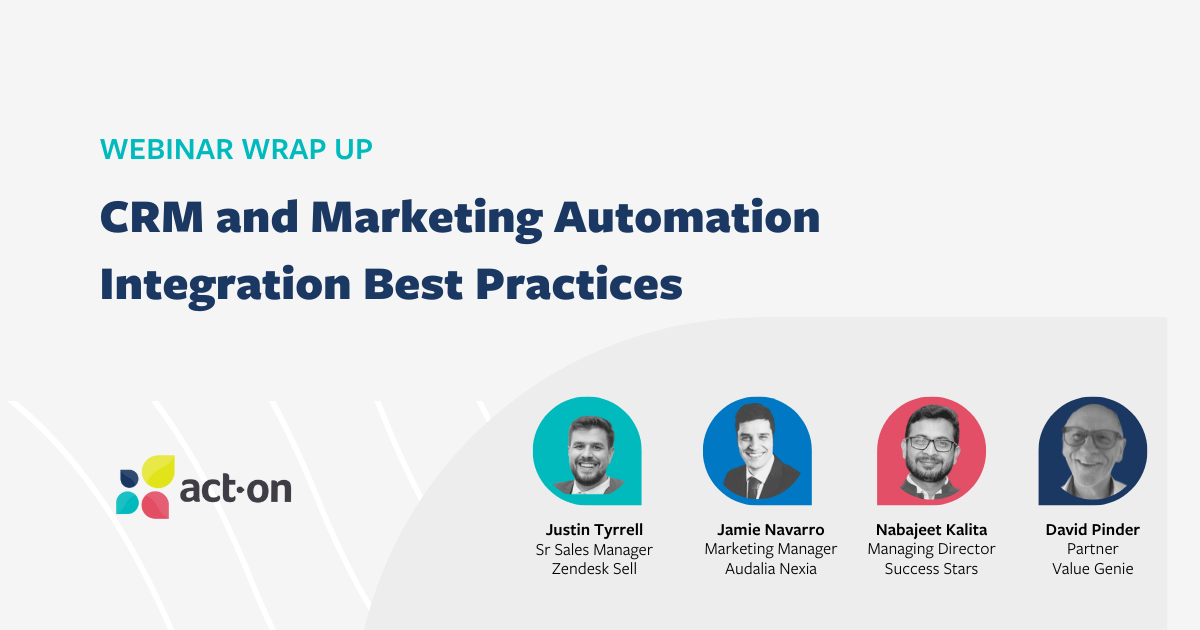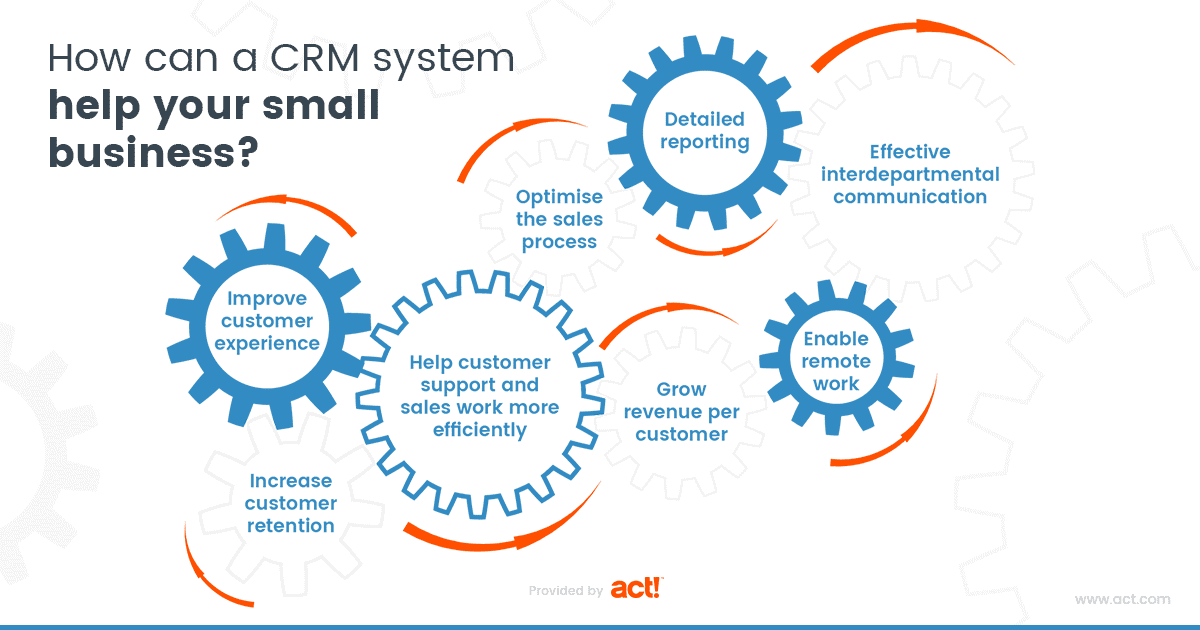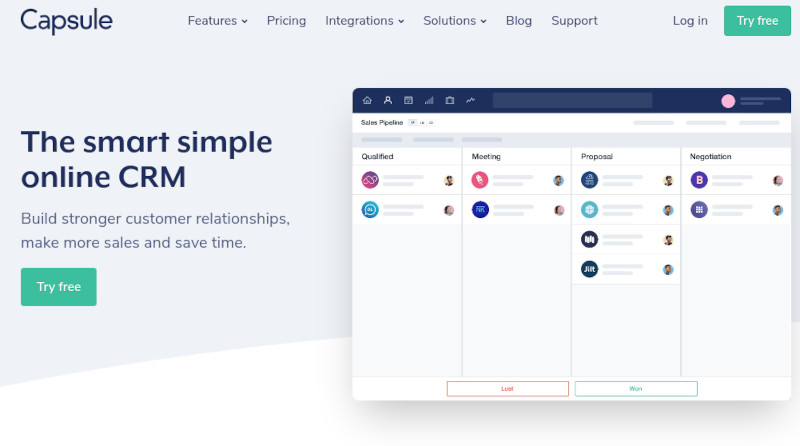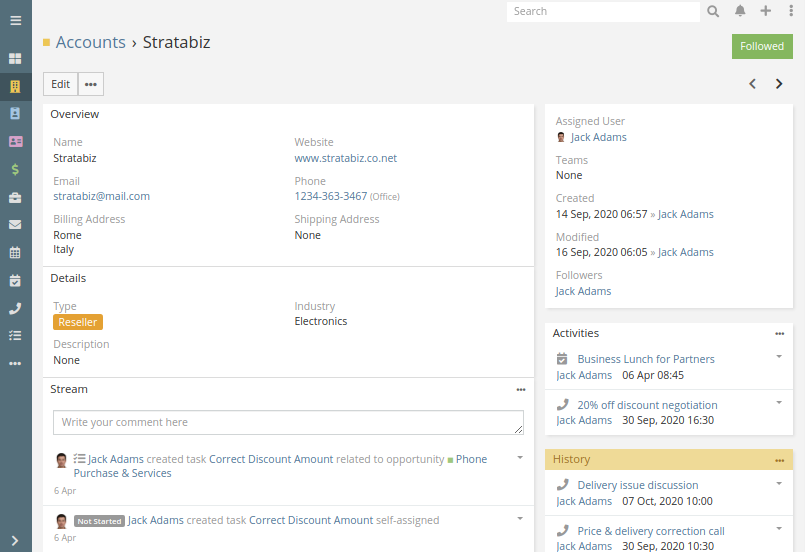
CRM Marketing for Beginners: Your Ultimate Guide to Customer Relationship Management
Welcome to the world of CRM marketing! If you’re new to this, you’re in the right place. CRM (Customer Relationship Management) marketing is a powerful strategy that can transform your business by helping you understand and engage with your customers better. This comprehensive guide is designed specifically for beginners, breaking down the essentials of CRM marketing in an easy-to-understand way. We’ll cover everything from the basic concepts to practical implementation, empowering you to leverage CRM to drive growth and build lasting customer relationships.
What is CRM Marketing? A Simple Explanation
At its core, CRM marketing is all about managing your interactions with current and potential customers. It involves using technology and strategies to organize, automate, and synchronize your sales, marketing, customer service, and technical support. The goal? To improve customer relationships, increase sales, and boost overall profitability.
Think of it like this: Imagine you’re running a small coffee shop. You know your regulars by name, you remember their favorite drinks, and you might even offer them a special discount on their birthday. CRM marketing takes this personal touch and scales it up for businesses of all sizes. It allows you to gather information about your customers, track their behavior, and personalize your interactions to create a more engaging and satisfying experience.
Key Components of CRM Marketing
- Customer Data Collection: Gathering information about your customers, including their contact details, purchase history, and preferences.
- Segmentation: Dividing your customer base into groups based on shared characteristics to tailor your marketing efforts.
- Personalization: Creating customized experiences for individual customers or segments, such as personalized email campaigns and product recommendations.
- Automation: Using software to automate repetitive tasks, such as sending follow-up emails and updating customer records.
- Analytics and Reporting: Tracking key metrics to measure the effectiveness of your CRM marketing efforts and identify areas for improvement.
Why is CRM Marketing Important? The Benefits Explained
CRM marketing offers a multitude of benefits for businesses of all sizes. Here are some of the most significant advantages:
Enhanced Customer Relationships
By centralizing customer data and providing a 360-degree view of each customer, CRM systems enable you to build stronger relationships. You can understand their needs, preferences, and behaviors, allowing you to provide more relevant and personalized experiences. This, in turn, leads to increased customer loyalty and advocacy.
Improved Sales Performance
CRM systems help sales teams manage leads, track opportunities, and close deals more effectively. By automating tasks and providing valuable insights, CRM empowers sales representatives to focus on building relationships and closing sales. This results in higher conversion rates and increased revenue.
Increased Marketing Efficiency
CRM systems allow marketers to segment their audience, personalize their campaigns, and track their results. This leads to more targeted and effective marketing efforts, resulting in higher engagement rates and a better return on investment (ROI). You can identify the best performing campaigns and adjust your strategies accordingly.
Better Customer Service
CRM systems provide customer service teams with the information they need to quickly and efficiently resolve customer issues. By having access to customer history and preferences, support agents can provide more personalized and effective service. This leads to increased customer satisfaction and reduced churn.
Data-Driven Decision Making
CRM systems provide valuable data and analytics that can be used to inform business decisions. By tracking key metrics, such as customer acquisition cost, customer lifetime value, and churn rate, you can gain a deeper understanding of your business performance and identify areas for improvement. This allows you to make data-driven decisions that drive growth and profitability.
Getting Started with CRM Marketing: A Step-by-Step Guide
Embarking on your CRM marketing journey can seem daunting, but with the right approach, it’s manageable. Here’s a step-by-step guide to help you get started:
1. Define Your Goals and Objectives
Before you implement any CRM system, it’s crucial to define your goals and objectives. What do you want to achieve with CRM marketing? Are you looking to increase sales, improve customer satisfaction, or streamline your marketing efforts? Clearly defining your goals will help you choose the right CRM system and measure your success.
2. Choose the Right CRM Software
There are numerous CRM software options available, each with its own features and pricing. Consider your business needs, budget, and technical expertise when choosing a CRM system. Some popular options for beginners include:
- HubSpot CRM: A free, user-friendly CRM with basic features for contact management and sales tracking.
- Zoho CRM: A comprehensive CRM with a range of features for sales, marketing, and customer service.
- Salesforce Essentials: A powerful CRM with a wide range of features for businesses of all sizes.
- Freshsales: CRM focused on sales with a good balance of features and ease of use.
Consider factors such as ease of use, scalability, integration capabilities, and pricing when making your decision. Research different software and maybe try out free trials before committing.
3. Plan Your Data Migration
If you’re already using spreadsheets or other systems to manage customer data, you’ll need to migrate that data into your new CRM system. Plan this process carefully to ensure that all your data is transferred accurately and efficiently. Consider cleaning up your data and removing any duplicates before importing it into your CRM.
4. Customize Your CRM System
Most CRM systems allow you to customize the platform to meet your specific business needs. Configure the system to capture the data that’s most important to you, such as contact details, purchase history, and customer preferences. Tailor the system to match your sales and marketing processes, and personalize the user interface to make it easy for your team to use.
5. Train Your Team
Training is essential to ensure that your team knows how to use the CRM system effectively. Provide training on all the key features of the system, including how to manage contacts, track leads, and generate reports. Encourage your team to ask questions and provide feedback to improve the user experience.
6. Implement Your CRM Marketing Strategies
Once your CRM system is set up and your team is trained, you can start implementing your CRM marketing strategies. This includes segmenting your audience, personalizing your marketing campaigns, and automating your sales and marketing processes.
7. Monitor, Analyze, and Optimize
Regularly monitor your CRM marketing efforts to track your progress and identify areas for improvement. Analyze your data to gain insights into customer behavior and the effectiveness of your campaigns. Use these insights to optimize your strategies and make data-driven decisions.
CRM Marketing Strategies for Beginners
Now that you’ve got the basics down, let’s explore some practical CRM marketing strategies you can implement as a beginner:
Lead Management
CRM systems are excellent for managing leads. Capture lead information from various sources, such as website forms, social media, and events. Track lead interactions, qualify leads, and nurture them through the sales funnel. Automate lead nurturing campaigns to send targeted content and follow-up emails, ultimately driving conversions.
Customer Segmentation
Divide your customer base into segments based on demographics, behaviors, or purchase history. Tailor your marketing messages and offers to each segment to increase relevance and engagement. For example, you might segment customers based on their purchase frequency, product interests, or location.
Personalized Email Marketing
Use your CRM to personalize your email marketing campaigns. Send targeted emails based on customer behavior, purchase history, and preferences. Include personalized greetings, product recommendations, and exclusive offers. Automate email workflows to send timely and relevant messages to your customers.
Automated Workflows
Automate repetitive tasks to save time and improve efficiency. Set up automated workflows for lead nurturing, onboarding new customers, and sending follow-up emails. Use automation to trigger actions based on customer behavior, such as sending a welcome email when a new customer signs up or sending a reminder email when a customer abandons their cart.
Social Media Integration
Integrate your CRM with your social media accounts to track customer interactions and manage your social media presence. Monitor social media mentions, respond to customer inquiries, and engage with your audience. Use social media data to gain insights into customer preferences and tailor your marketing efforts.
Customer Service Automation
Use your CRM to automate customer service tasks, such as creating support tickets, routing inquiries, and providing self-service options. Provide customers with access to FAQs, knowledge bases, and online chat support. Track customer service interactions to identify areas for improvement and improve customer satisfaction.
Loyalty Programs
Use your CRM to create and manage customer loyalty programs. Track customer points, rewards, and redemption history. Segment your customers based on their loyalty status and offer exclusive benefits to your most valuable customers. Reward loyal customers with discounts, free products, or early access to new products.
Common CRM Marketing Mistakes to Avoid
Even with the best intentions, beginners can stumble. Here are some common mistakes to steer clear of:
Not Defining Clear Goals
Failing to set clear goals and objectives is a recipe for disaster. Without defined goals, you won’t be able to measure your success or make informed decisions. Before you launch your CRM marketing initiatives, take the time to clarify what you want to achieve.
Choosing the Wrong CRM Software
Selecting a CRM system that doesn’t align with your business needs can lead to frustration and wasted resources. Research different CRM options and choose the one that best fits your requirements, budget, and technical expertise. Don’t be afraid to change CRM if your needs evolve.
Neglecting Data Quality
Poor data quality can undermine your entire CRM marketing strategy. Ensure that your data is accurate, complete, and up-to-date. Regularly clean and validate your data to maintain its integrity. Garbage in, garbage out is a real thing, and it applies to CRM.
Not Training Your Team
Failing to provide adequate training can hinder your team’s ability to effectively use the CRM system. Invest in comprehensive training to ensure that your team understands all the key features and functionalities of the system. Make training an ongoing process, not a one-time event.
Ignoring Customer Feedback
Ignoring customer feedback can lead to missed opportunities for improvement. Actively solicit customer feedback through surveys, reviews, and social media. Use this feedback to identify areas for improvement and refine your CRM marketing strategies.
Overcomplicating the System
Starting with too many features or complex processes can overwhelm your team. Keep your CRM system simple and focus on the core functionalities that will provide the greatest value. Gradually introduce new features and processes as your team becomes more comfortable with the system.
Not Measuring Results
Failing to track and analyze your results is a critical mistake. Regularly monitor your key metrics to measure the effectiveness of your CRM marketing efforts. Use this data to identify areas for improvement and make data-driven decisions. Don’t be afraid to pivot your strategy if something isn’t working.
The Future of CRM Marketing
CRM marketing is constantly evolving, and staying ahead of the curve is essential. Here are some trends to watch out for:
Artificial Intelligence (AI) and Machine Learning (ML)
AI and ML are transforming CRM marketing by automating tasks, personalizing experiences, and providing valuable insights. Expect to see more AI-powered features in CRM systems, such as predictive analytics, chatbots, and automated segmentation. This will help businesses to be more efficient and targeted.
Hyper-Personalization
Customers are increasingly expecting personalized experiences. CRM systems will need to provide even more granular personalization capabilities, such as personalized product recommendations, dynamic content, and real-time interactions. The more relevant the experience, the better.
Omnichannel Marketing
Customers interact with businesses across multiple channels, including email, social media, and mobile apps. CRM systems will need to provide a unified view of the customer across all channels, enabling businesses to deliver consistent and seamless experiences. This means integrating all of your touchpoints.
Increased Focus on Customer Experience (CX)
Customer experience is becoming a key differentiator. CRM systems will need to prioritize customer experience by providing tools and features that enable businesses to create positive and memorable interactions. Understanding the customer journey is key.
Data Privacy and Security
With increasing concerns about data privacy and security, CRM systems will need to prioritize data protection. Businesses will need to ensure that they comply with data privacy regulations, such as GDPR and CCPA, and implement robust security measures to protect customer data. Transparency and trust are paramount.
Conclusion: Embrace the Power of CRM Marketing
CRM marketing is a powerful tool that can help businesses of all sizes build stronger customer relationships, improve sales performance, and increase marketing efficiency. By following the steps outlined in this guide, you can get started with CRM marketing and unlock its potential. Embrace the power of CRM marketing and watch your business thrive!
Remember, the key to success is to start small, be patient, and continuously learn and adapt your strategies. The world of CRM is constantly evolving, so stay informed, experiment with new approaches, and always put your customers first. By doing so, you’ll be well on your way to building a thriving business that’s built on strong customer relationships.


